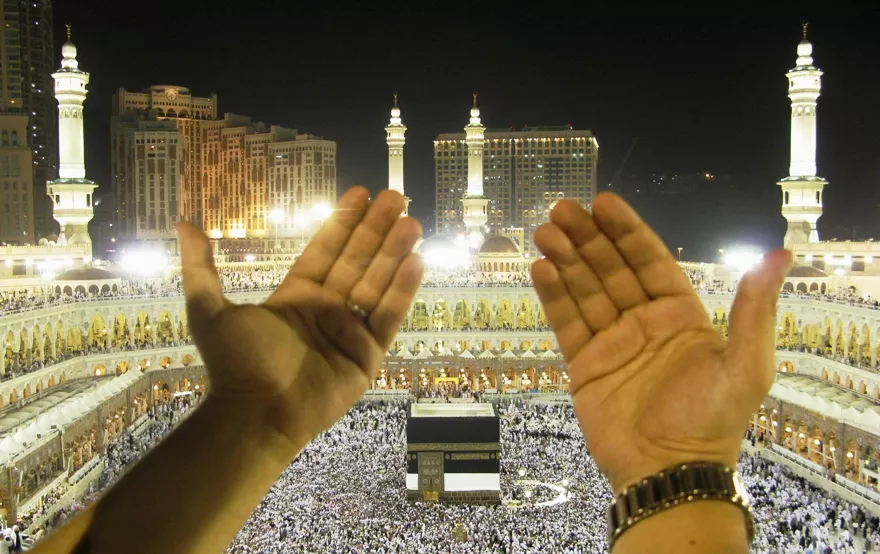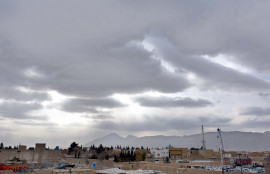
As the government struggles to kick-start new power projects, the immediate solution to the problem, according to engineering consultant Nida R Farid, is energy conservation.
Old machines and cheaper devices consume much more electricity and need to be replaced. While in the market for appliances, the buyers must go through the “power stickers” to see, which devices consume lesser energy. These were some of the suggestions put forward by Farid while talking at the first “tea-seminar” held at her house.
Appalled at the energy crisis that has crippled her hometown, the MIT graduate has returned home to start a project titled “Karachi Energy Conservation Awareness - Small Tricks for Large Savings”. She plans to engage rich women, whom she believes can bring about a positive change in the power-starved country.
The wealthy households comprise about 25 percent of the population in Karachi and can play a pivotal role in energy conservation. These families not only have 10 to 15 electricity devices at home but are the largest consumers of electricity at their offices and factories, shared Farid.
A number of people, including her friends and relatives, had come to the seminar to hear what the aerospace engineer had to say. Farid also has a few years of experience working in the renewable energy sector.
“Karachi’s upper class is much closer to each other and can pass on the tips to energy conservation during their get-togethers,” she said. “We have to think over the issue seriously because factories are being closed, which will automatically give rise to poverty, illiteracy, crimes and other social issues.”

Power ‘load shedding’ is a routine even in winter and the issue has crippled the industry. Several organisations have even launched their own projects, where middle and lower classes are asked to adopt energy efficient plans. “If we can convince the upper class, we can resolve more than 70 percent of the prevailing crisis,” the consultant said. “The wealthy people use most of the energy but don’t really care about it because they can afford it.”
Talking about the consumption of gas, Farid believed that people in Pakistan did not pay high for gas but still advised the use of solar-powered water heaters to save more gas. She shared several other money-saving tips on electricity rates, purchasing home appliances and their usage, including bulbs, air conditioners, deep freezers and even washing machines.
“We don’t think much about these things usually when buying or using them,” said a participant, Ibtesam, vowing to share the informative tips with relatives and friends to convince them.
“Today I have come to know how to use air conditioners properly,” said another participant, Sana, who wasn’t even aware there were filters in air conditioner that need to be cleaned.
Farid believes most people, especially in Pakistan, have very little knowledge of energy conservation and need to be actively approached to raise awareness. “Many people believe energy conservation will take up time or reduce their comfort levels. We want to change this,” she said.
Published in The Express Tribune, December 28th, 2012.


















COMMENTS
Comments are moderated and generally will be posted if they are on-topic and not abusive.
For more information, please see our Comments FAQ